Colic remains one of the most serious—and most common—medical emergencies in horses. As any horse owner knows, even a mild case can escalate quickly into a life-threatening situation.
At Lewiston Veterinary Clinic, we understand how alarming colic can be and are committed to helping you recognize the signs early, take the right steps when symptoms appear, and implement effective strategies to reduce your horse’s risk.
Whether you’re managing a busy boarding barn or caring for a single beloved gelding, knowing what to look for—and how to respond—can save your horse’s life.
What Is Colic in Horses?
In horses, “colic” is a broad term referring to abdominal pain. It doesn’t describe a specific disease but rather a symptom that may arise from a wide range of gastrointestinal issues. Some colic cases are mild and resolve with supportive care, while others may require immediate surgical intervention.
Colic can stem from gas buildup, impactions, intestinal twists, or even stress-related ulcers. Prompt recognition and treatment are key. For a more detailed overview, visit Colic in Your Horse – University of Minnesota Extension.
What Causes Colic in Horses?
Understanding what puts horses at risk can help you take preventive action. While colic can develop unexpectedly, certain patterns and risk factors are well known in equine medicine.
Digestive Causes
- Impaction Colic: Often results from dehydration or coarse, dry feed that causes a blockage in the intestines.
- Gas Colic: Triggered by rapid diet changes, high-grain diets, or lush pasture.
- Spasmodic Colic: Intermittent cramping caused by intestinal motility issues, often linked to stress or parasites.
Structural and Mechanical Issues
- Torsion (Twist): A twist in the intestines that cuts off blood supply—a true surgical emergency.
- Displacement: When part of the gut shifts out of place, leading to obstruction and pain.
Parasite-Related Colic
- Internal parasites, especially large strongyles and roundworms, can cause inflammation or blockages. Regular deworming and fecal egg count monitoring are critical.
Sand Colic
- In sandy environments, horses may inadvertently ingest sand while grazing, which can accumulate in the gut and cause irritation or blockage.
Ulcer-Related Colic
- Gastric ulcers, common in performance horses, can contribute to chronic or intermittent colic symptoms.
For a deeper dive into equine colic causes, see Colic in Horses – University of Kentucky.
Recognizing the Signs of Colic
Early identification often makes the difference between a mild case and an emergency. Learn your horse’s normal behavior so you can spot changes quickly.
Mild to Moderate Symptoms
- Pawing at the ground
- Flank-watching or looking at their belly
- Lying down more than usual
- Stretching as if to urinate
- Decreased manure or complete absence
- Dull attitude or loss of appetite
Severe and Urgent Signs
- Violent rolling or thrashing
- Profuse sweating
- Elevated heart or respiratory rate
- No gut sounds (silent abdomen)
- Prolonged signs of discomfort unrelieved by walking
- Mucous membranes that are pale, dark red, or tacky
Review 10 Things You Might Not Know About Equine Colic – UC Davis to learn more about warning signs.
What to Do If You Suspect Colic
Time matters. If your horse is showing signs of colic:
Initial Steps
- Remove all feed immediately, but leave water available.
- Walk the horse gently to stimulate gut movement—but only if it’s safe and your horse is not violently thrashing.
- Check gum color and capillary refill time.
- Listen for gut sounds (or lack thereof).
When to Call the Vet
- No manure output in over 12 hours
- Persistent pain or signs of distress
- Elevated heart rate or signs of dehydration
- Little to no response to Banamine or other pain meds
- Any suspicion of a twist or displacement
Don’t wait to get help. Contact us for immediate assistance via our Emergency Veterinary Care services page.
Prevention Strategies: How Horse Owners Can Reduce Colic Risk
While not all colic can be prevented, many cases are avoidable through good management practices. Prevention begins with consistency, quality care, and a close eye on changes in behavior or routine.
1. Maintain a Consistent Feeding Routine
- Feed at regular intervals
- Avoid sudden changes in feed, hay type, or ration size
- Limit access to lush pasture, especially in spring
2. Ensure Constant Hydration
- Always provide access to fresh, clean water
- In winter, break ice or provide heated buckets
- Use electrolyte supplements in hot weather or after hard work to maintain hydration and support gut function
3. Provide Ample Turnout and Exercise
- Horses are designed to move—stall rest can contribute to reduced gut motility
- Daily turnout or light exercise keeps the digestive system active and reduces boredom
4. Minimize Sand Ingestion
- Feed off the ground using rubber mats, feeders, or hay nets
- In sandy regions, consider psyllium supplements regularly to clear accumulated sand
- Watch for gritty feces or signs of discomfort after grazing
5. Prioritize Dental and Parasite Care
- Schedule dental exams annually to prevent malocclusion, which can reduce chewing efficiency and lead to impactions
- Follow a targeted deworming program, ideally based on fecal egg counts
6. Reduce Stress and Travel Risks
- Ulcers and stress-related colic are common in show and performance horses
- Use gastric support supplements during travel or competition
- Minimize changes in environment, feed, and companions when possible
Explore more prevention strategies at Colorado State University – How to Prevent Colic in Horses.
Colic Treatment Options: Medical and Surgical Interventions
Medical Management
For mild or uncomplicated cases, treatment may include:
- Anti-inflammatories like Banamine to control pain
- Nasogastric intubation to administer fluids or mineral oil
- IV fluids to treat dehydration
- Monitoring for changes in gut motility and manure output
Learn more at Medical Colic Management – The Horse.
Surgical Treatment
If diagnostics reveal a twist, strangulation, or displacement, emergency colic surgery may be necessary. Surgical outcomes are best when intervention is fast, so don’t delay if your veterinarian recommends referral.
Explore Your Guide to Colic Surgery – SmartPak Equine for more information on recovery and prognosis.
Protect Your Horse with Expert Veterinary Support
At Lewiston Veterinary Clinic, we offer:
- Routine wellness care to reduce colic risk
- Emergency services for acute cases
- Diagnostic tools and surgical support for severe colic
- Preventive guidance customized to your horse’s lifestyle and risk factors
Visit our Equine Care Services page to learn more about how we support horse owners across every stage of health—from prevention to emergency care.
Have questions or concerns about your horse’s digestive health? Contact us today for expert, compassionate support.

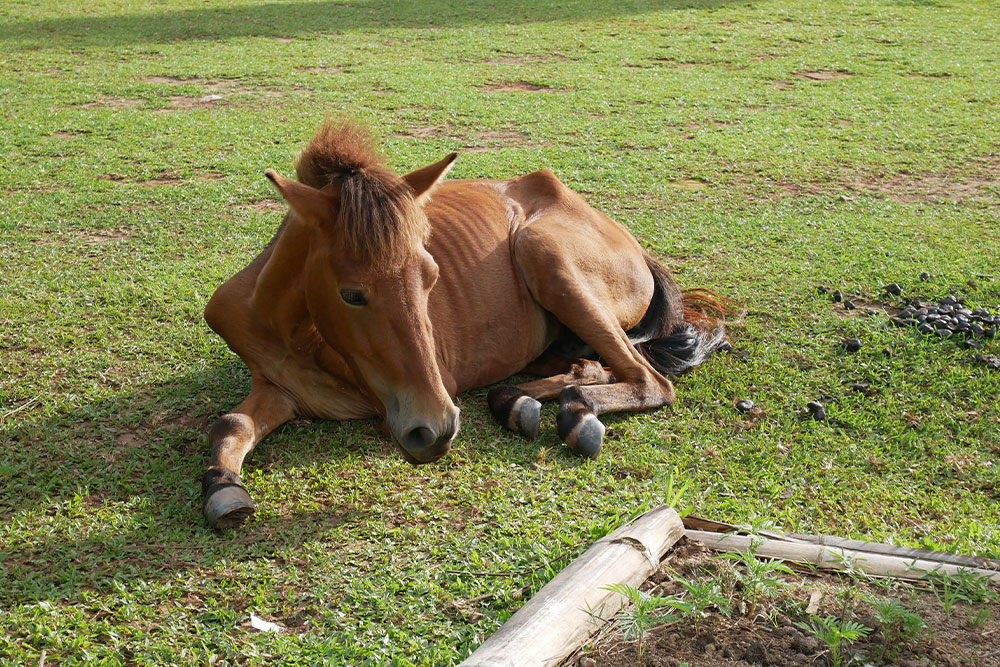
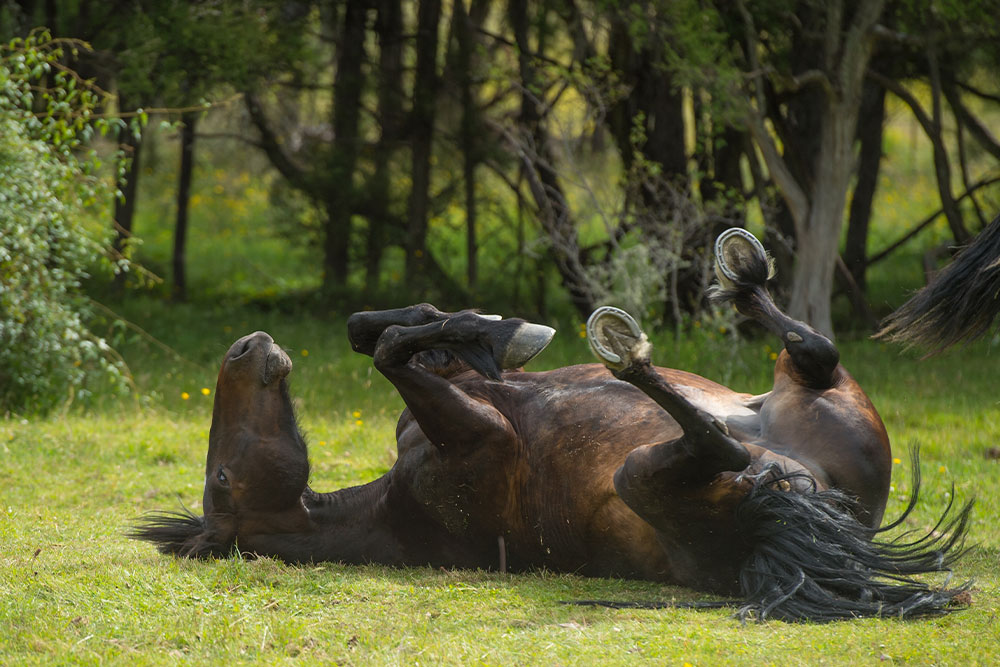
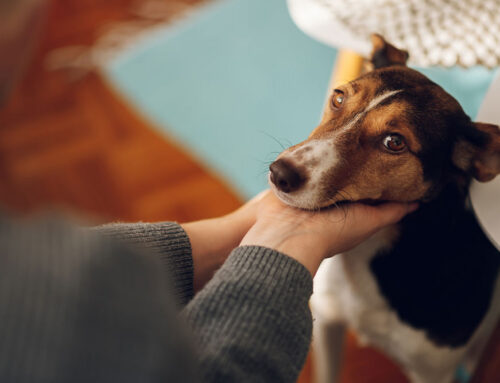
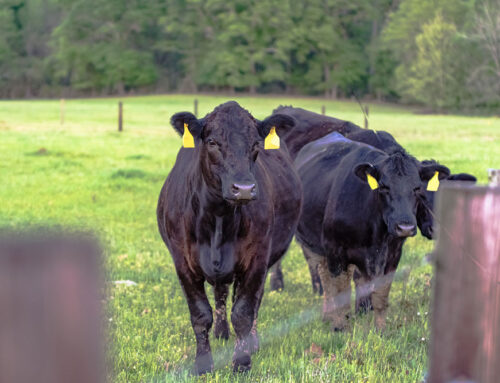
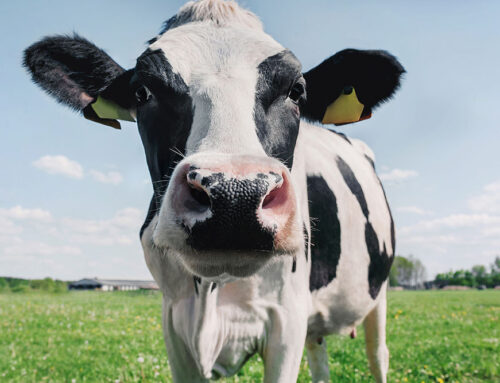
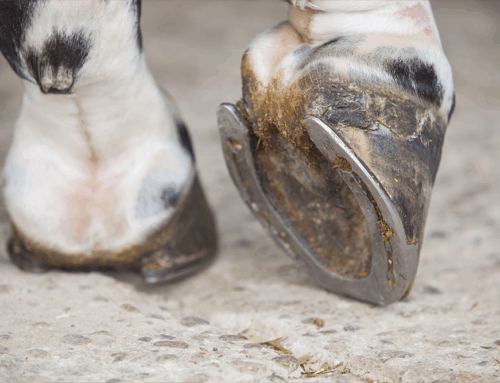
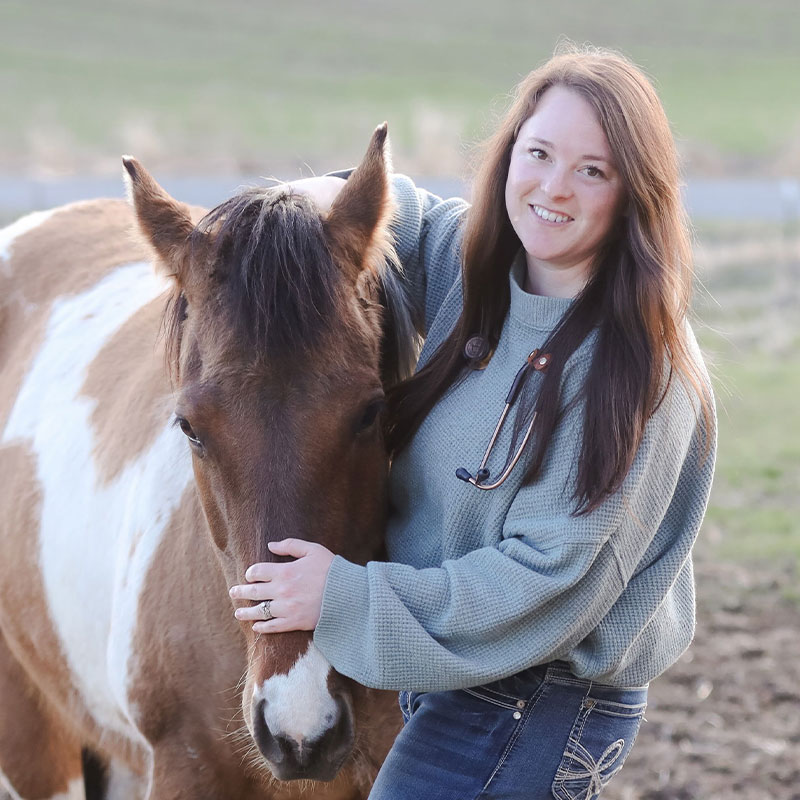

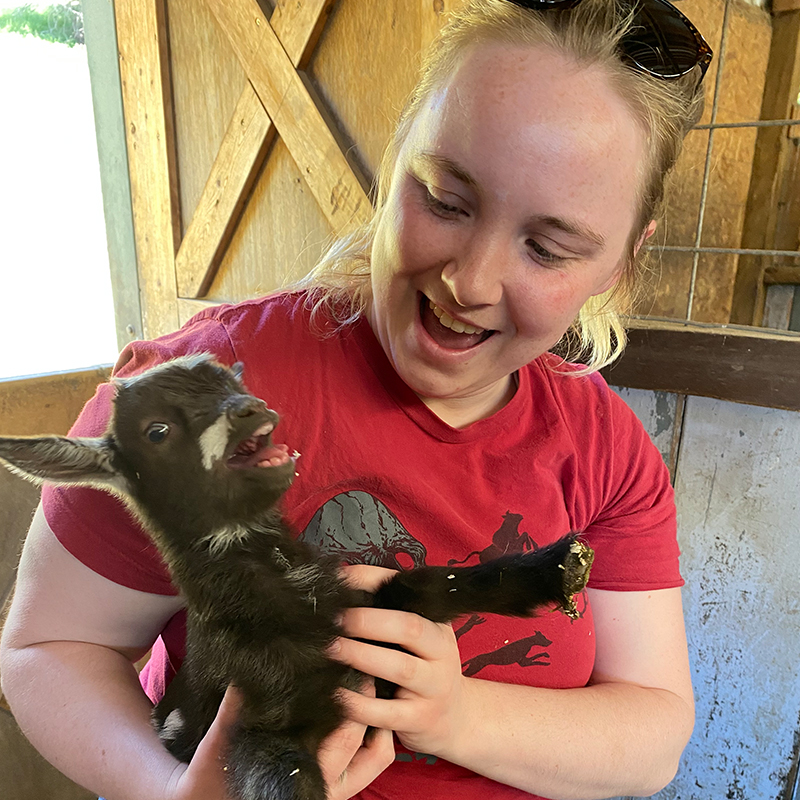
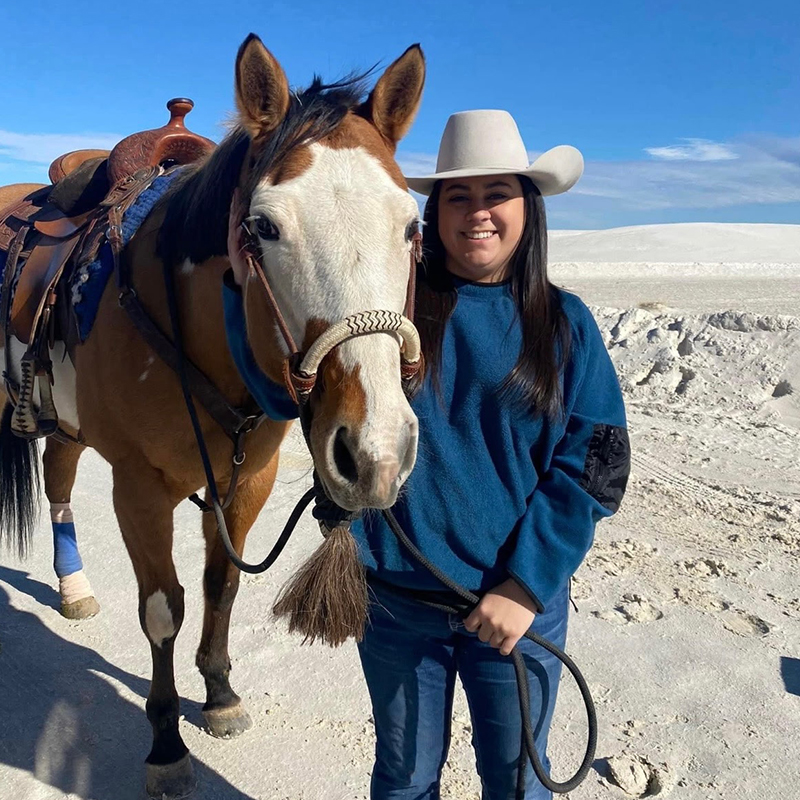


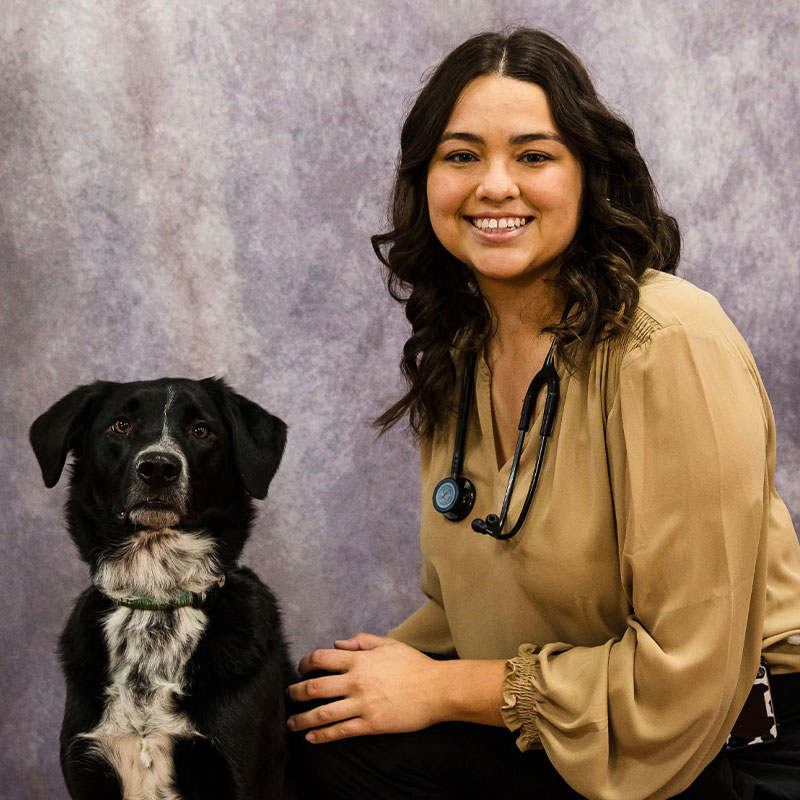

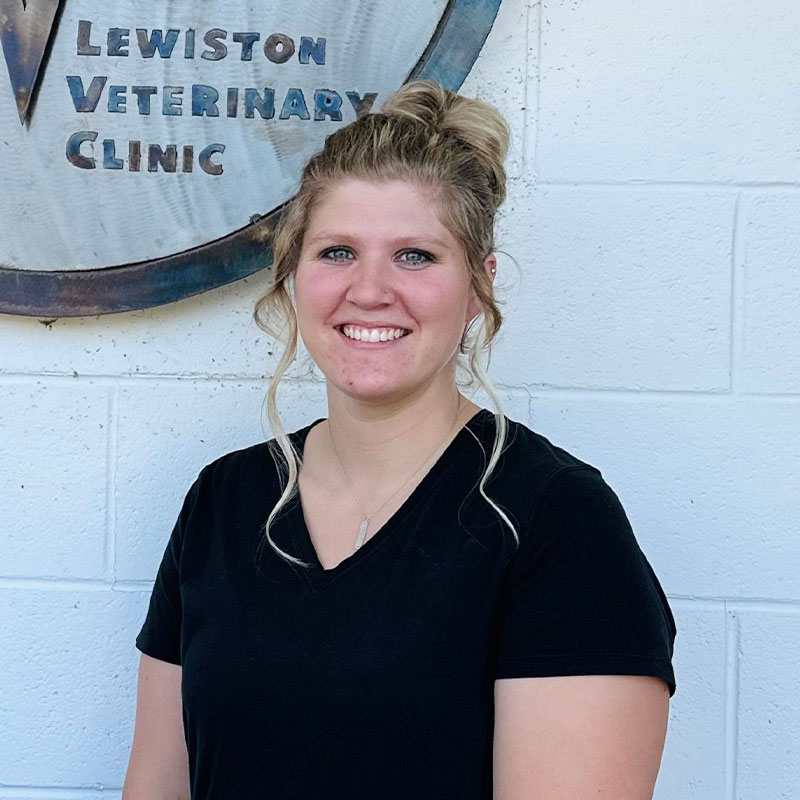





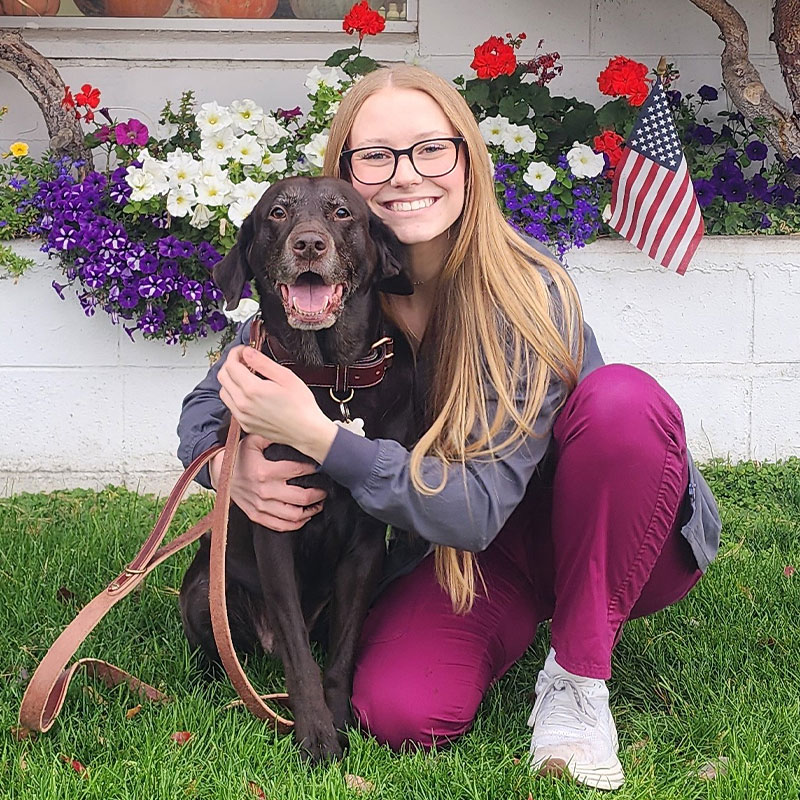
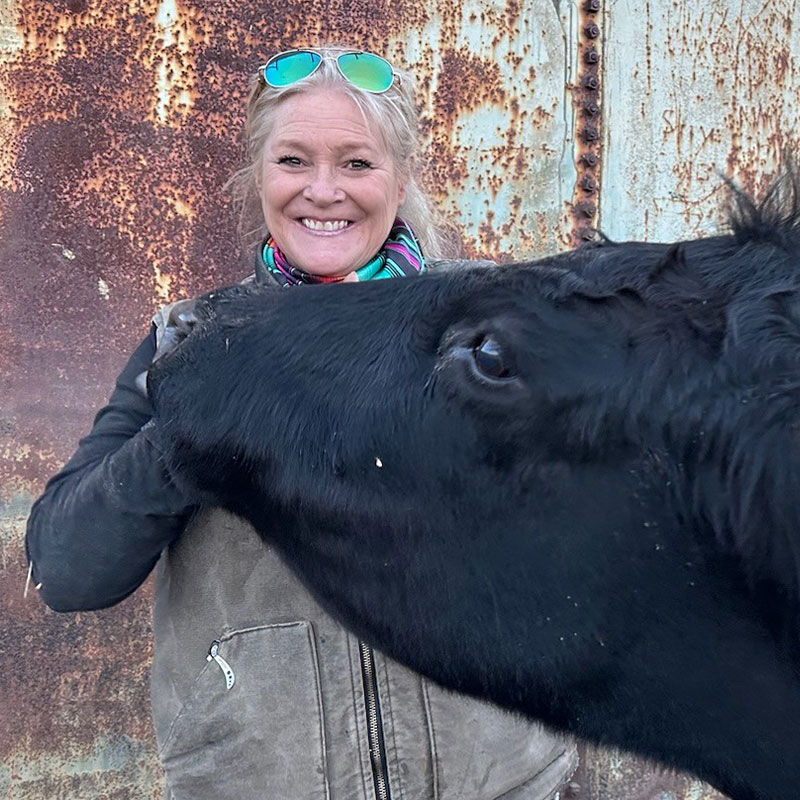
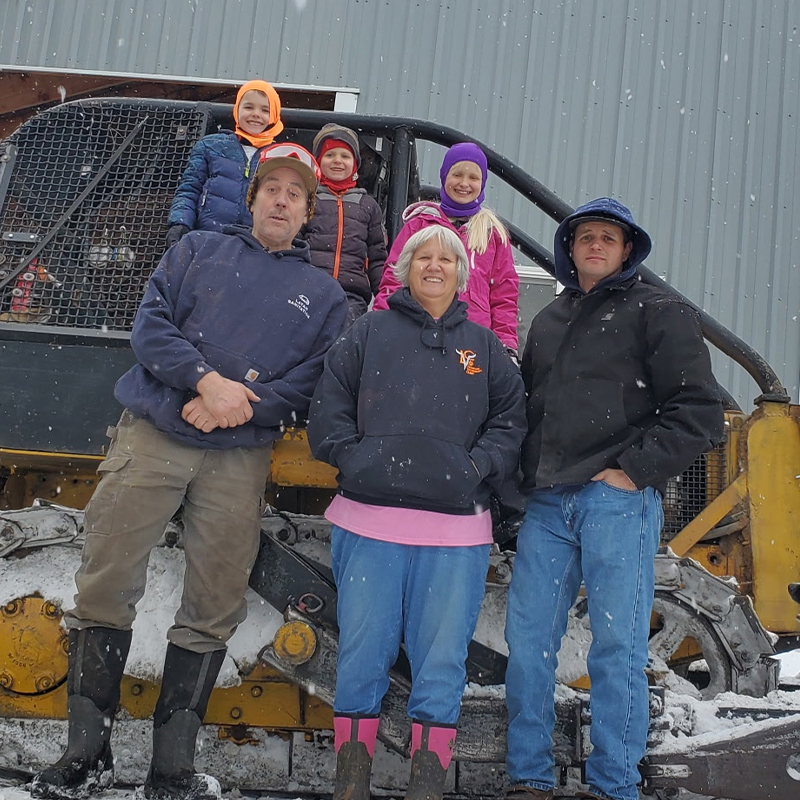





Leave A Comment